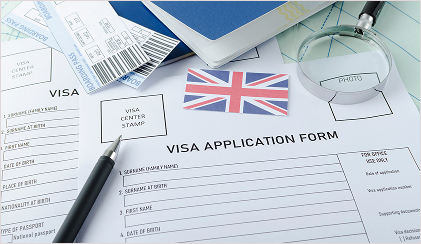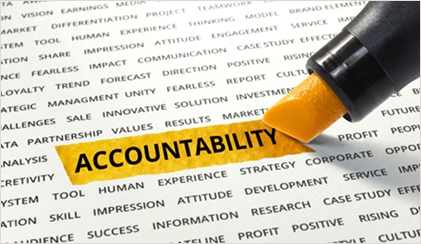Top UK Immigration Lawyers with Over 5000 Successful Applications
Mon- Friday | 9am- 6pm | BST
- Business Immigration
Hiring Foreign Workers
UK Settlement for Entrepreneurs
Challenge Decisions, Secure Rights
UK Exploration Made Easy
Business Expansion in UK
- Personal Immigration
UK Settlement for Entrepreneurs
UK Skilled Work Opportunity
Path to UK Citizenship
Unite Families in UK
Secure Permanent UK Residency
Unlock UK Talent Opportunities
UK Exploration Made Easy
- Self Sponsorship
- Free Tools
- Contact Us
















